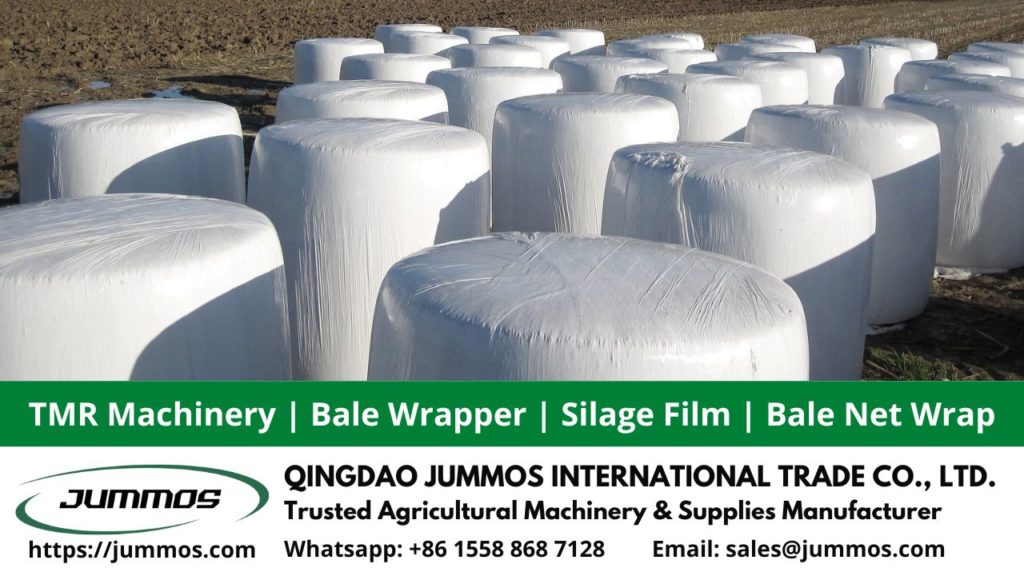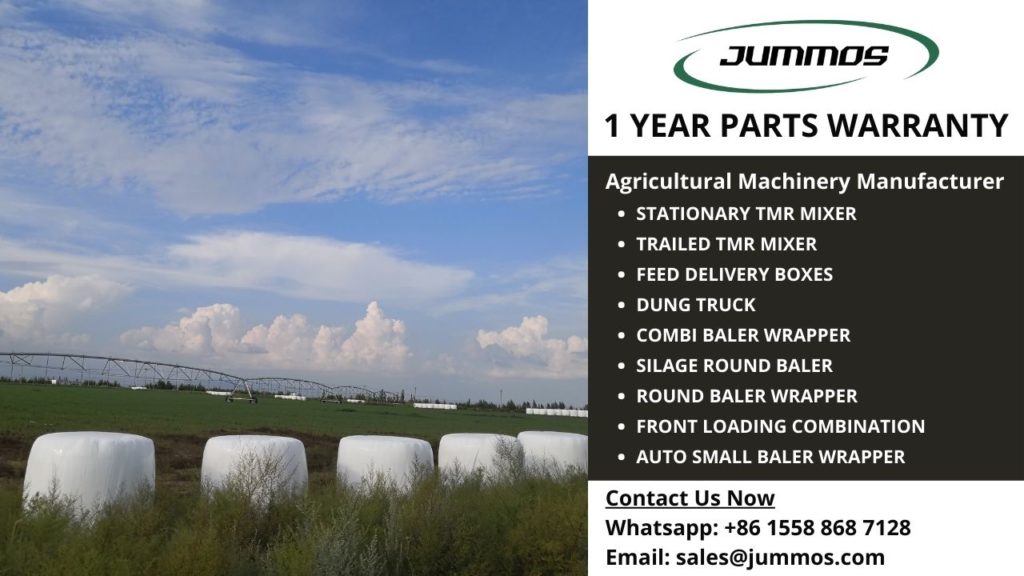
Information on “how many times to wrap a bale?” became one of the most sought after among businessmen on the farm. For those who are beginners, this information will serve as a guide on how to properly pack hay bales. On the other hand, those who are experienced will always want improvements so that Silas’s results are optimal. Because the correct bale coating will make feeding management run smoothly and produce high nutritional silage.
But of course, the questions above must be followed by a complete explanation of the complete guide to wrapping bales. For more information, let’s look at the following description:
Contents
Forming Bale
Before entering the packaging stage, of course, you will first enter the harvest period, then collect the remaining hay. Making large bales can be done with special tools such as tractors, but its main function is to form round or square bales. You can also use the manual method, but of course, the formation time requires a lot of energy and quite a long time.
Bale formation is great on sunny harvest days for a few days. Rain will make the process more difficult and affect the quality of the forage. But the right wrapping technique will keep your silage looking great when it’s done fermenting. It will also relate to how many times to wrap a bale.
Main Functions of Bale Silage
Making hay bales at harvest will maximize crop yields and minimize waste. This will prevent farmers from being dependent on buying feed from commercial companies and it will save costs. On the other hand, farmers do not have to bother getting feed with the storage system closest to the cage when the lean season arrives.
Medium and large breeders usually make large-sized silage to maximize silage production and prevent forage loss. Here are important things you should know about silage from a bale, including how many times to wrap a bale:
Ideal Water Content
The best moisture content for bale silage is in the range of 40 to 55 percent. A well-wrapped bale will optimize the fermentation process so that the feed can be stored for a long time. If the humidity level is below 35 percent, don’t be surprised if you find the hay in harsh conditions. Bales with this condition must be wrapped again to prevent spoilage and restore the fermentation activity inside.
Wrapping Plastic Thickness
The thickness of the plastic wrap for the bale is ideally at 6-8 mil, with the bale being completely closed. You can wrap it in 1 mil thick plastic six times, or four times when the plastic is 1.5 mils thick. Such conditions support sustainable microbial growth, and the fermentation process will take place well. This information will answer the main question in the article about “how many times to wrap a bale”.
Ideal Time to Wrap Bale
Try to wrap all hay bales within 24 hours for optimal curing. That’s why time management is very important so that you can do it without running out of time. Using the right bale wrapper and plastic will make the job easier. If the bale is unwrapped for more than 48 hours, it will be at an internal temperature of over 130 degrees Fahrenheit. When the bale is wrapped late, the quality of the forage will be drastically reduced and stimulate the growth of fungus.
Ideal Bale Size
There is no specific benchmark, but you have to adjust to the capacity of the loader or hauler truck. The average bale size has a maximum length of 4 to 6.5 feet. Also, consider how many times to wrap a bale to prevent tears or punctures. Because the bigger the bale, the higher the potential for plastic damage.
Where’s a Good Bale Wrapping Factory?
It is undeniable that the existence of the bale wrapper accompanies the story of business competition in the livestock sector, as well as pioneering the use of technology from the simplest start.
The existence of this technology is also fueled by the price of animal feed, which continues to soar from year to year, although improvements in quality also accompany the increase. If you are looking to purchase a bale wrapper soon, maybe this article can add insight so that you can choose the best machine for your farm more wisely.
Jummos is a supplier that dedicates its business activities to supporting agriculture and livestock businesses. We provide various tools and machines, including bale wrappers, with tested, guaranteed, and certified quality.
You can also consult free of charge to find out more about how many times to wrap a bale or other topics. You even have the opportunity to get the most affordable price quote while still paying attention to the suitability of the machine to the needs on the farm.

